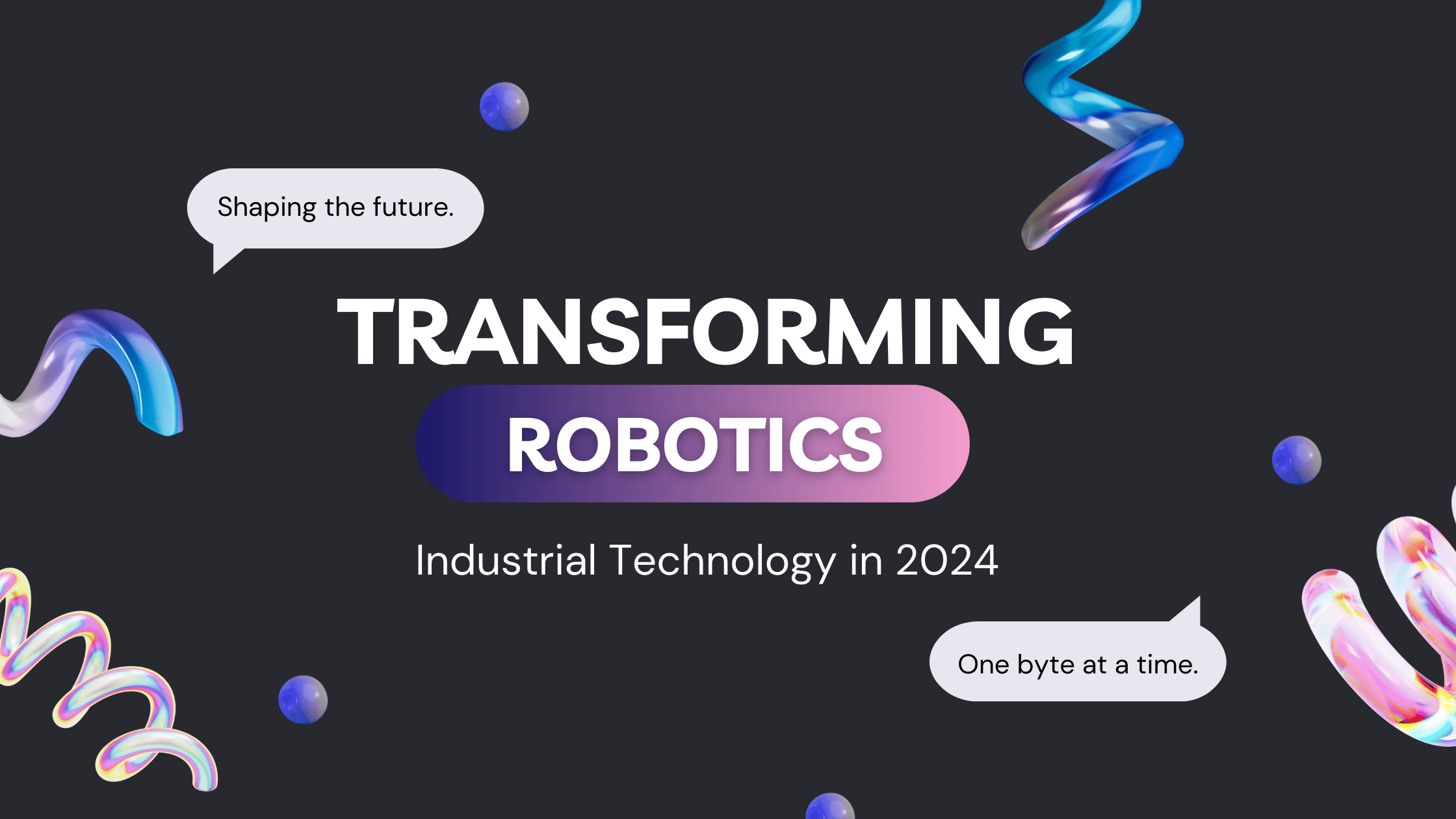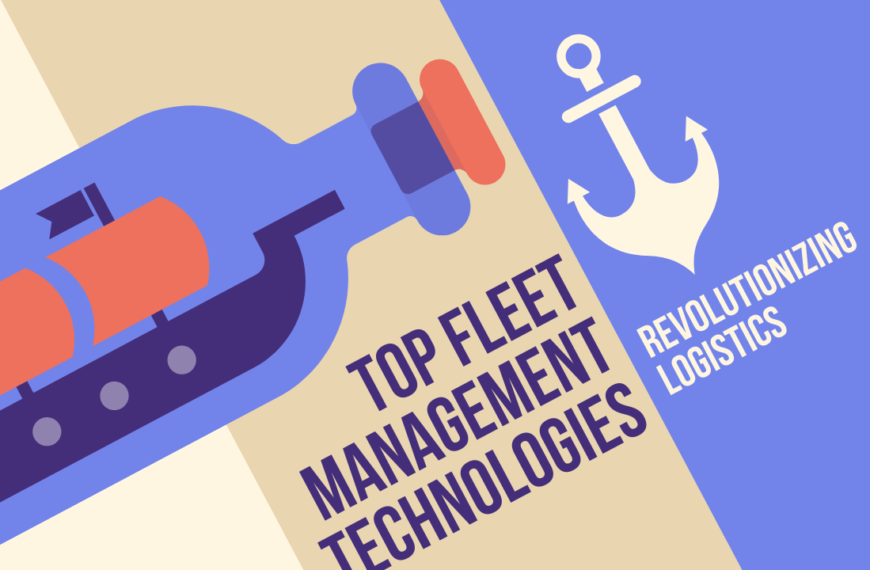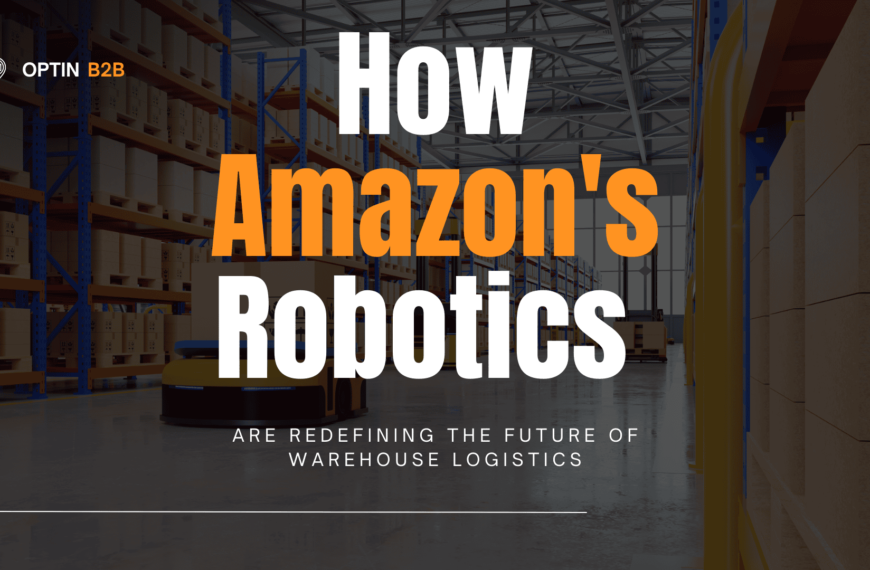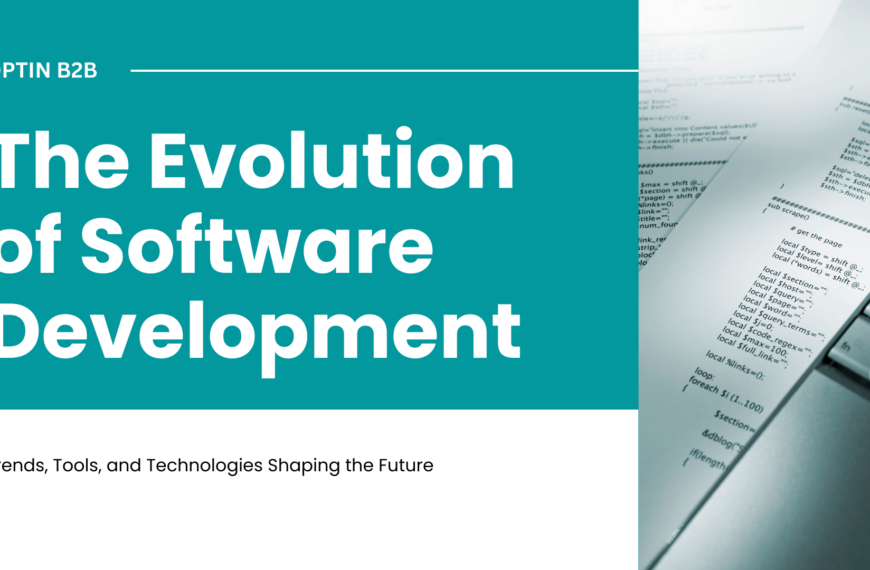Robotics has become a cornerstone of industrial technology, revolutionizing manufacturing by enhancing productivity, precision, and safety. Modern robots, equipped with advanced sensors and AI, perform complex tasks such as assembly, welding, and quality inspection with unparalleled accuracy. In 2024, companies like Fanuc and ABB Robotics are leading the way in deploying robotic solutions tailored to various industries.
One transformative application is in collaborative robots (cobots), designed to work alongside human workers. These robots augment human capabilities, handle repetitive or hazardous tasks, and enable workers to focus on more strategic responsibilities. For example, cobots in the automotive industry are used for tasks like assembling intricate components, significantly improving production speed and quality.
Additionally, autonomous mobile robots (AMRs) are streamlining logistics within manufacturing plants. These robots navigate factories independently, transporting materials and components with minimal human intervention. This not only accelerates workflows but also reduces the risk of workplace injuries.
The integration of robotics with IoT and AI has further amplified its impact. Connected robots communicate with systems in real time, providing insights that help manufacturers optimize operations and reduce downtime. However, as robotics adoption grows, addressing workforce training and ethical concerns remains crucial.
Robotics continues to shape the future of industrial technology, offering manufacturers the tools to achieve efficiency, innovation, and scalability in an increasingly competitive market.























